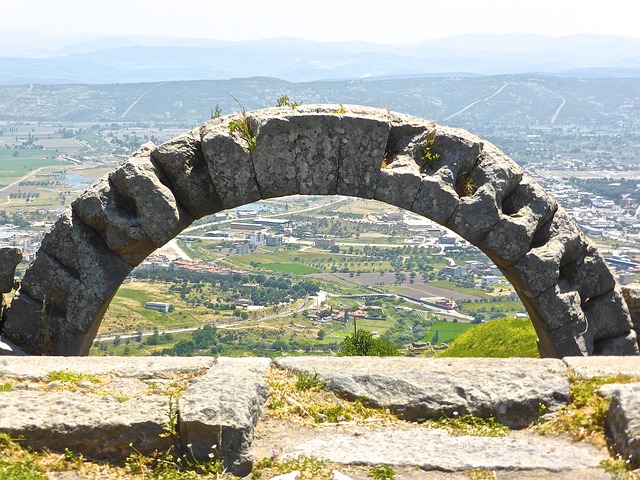Reason 3: Writings of divine origin
“…knowing this first of all that no prophecy of Scripture comes from someone’s own interpretation. For no prophecy was ever produced by the will of man, but men moved by the Holy Spirit spoke from God.” – 2 Peter 1:20-21
There are three important questions you should ask when reading the Word:
- Is what’s written reliable?
- Is it internally consistent?
- Is it corroborated?
What’s corroboration?
evidence which confirms or supports a statement, theory, or finding; confirmation.
Consider this:
- The Scriptures were written in 3 languages originally – Greek, Hebrew & Aramaic,
2. Across 3 continents – Asia, Africa & Europe,
3. By over 40 authors most of whom never met each other or read each others works, who wrote over a period of some1500 years…until one singular woven-together story was the result.
How’s that for corroboration?!
Reason 4: Archaeological and historical accuracy
The Bible is historically accurate because every geographical location in the Bible that’s ever been sought out has been found exactly as Scripture describes it. The 19th century British skeptic, Sir William Ramsay took a copy of the Bible and his archaeology tools to set about disproving the Bible.
He sailed in a British fleet to the coast of modern-day Turkey and opened the Bible to where it said Paul went to a certain well-known place and started his missionary journey. From there, “Paul walked three days inland.”
Sir William walked up the ancient Roman Road three days inland and said that if the Bible is true, then there should be a city there. He started excavating and he found the city the Bible calls “Pisidian Antioch .”

The Bible’s historical accuracy is a reminder that while “the heavens declare the glory of God,” there’s also plenty of evidence among the rubble and ruins. — Charles Colson

He thought it was only a lucky guess, so he decided to go to the city where Acts described the rulers as “politharcs.” They are not found anywhere else except in the Bible. Sir William started excavating in that city which is known as the massive modern-day Greek city called “Salonika” or “Thessalonica” in the New Testament.
Sir William’s excavation there led to the discovery of a monumental structure with engravings chipped into the stone which read, To the leaders of the City of Thessalonica the politarchs.”
Inscriptions and ancient historical sources indicate that a politarch was an annual magistrate position in the free cities of Macedonia Province starting in the Roman period and there were often multiple politarchs in office at a time.
Every single historic or archaeological reference can be proven if excavators just dig deep enough!
Over 25 percent of the entire Bible contains specific predictive prophecies that have been literally fulfilled.
This is true of no other book in the world.
And it is a sure sign of its divine origin.
For those interested in a deeper dig into Bible Archaeology: